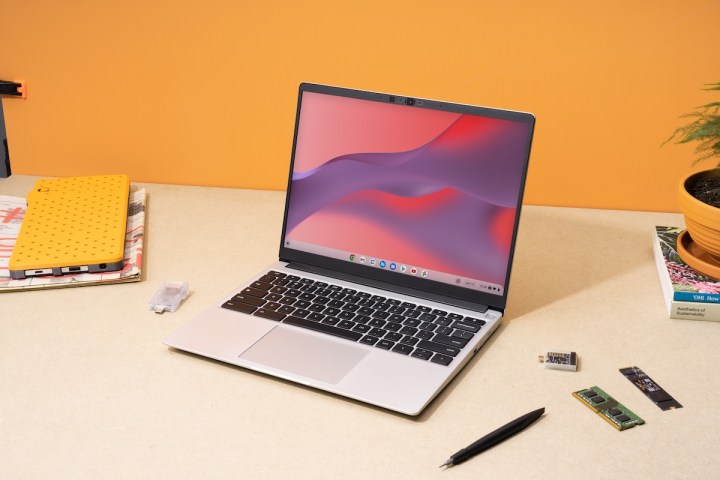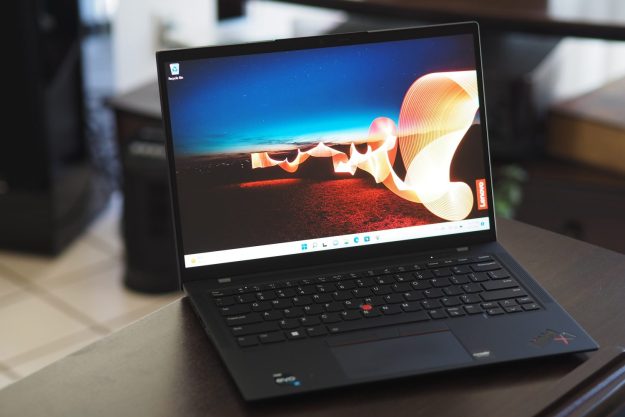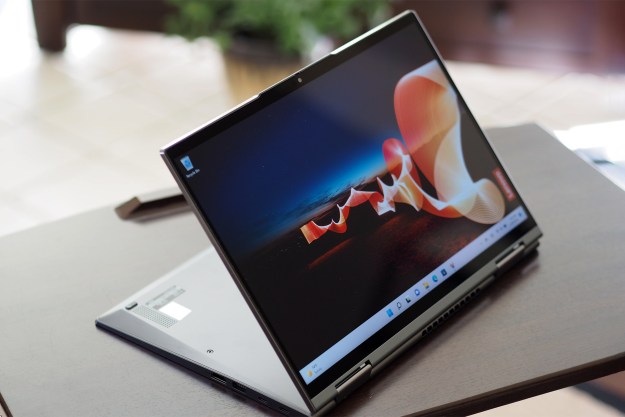The modular computer brand, Framework, is introducing a Chromebook Edition of its innovative Framework Laptop. Preorders are available today for the U.S. and Canada for $1,000.
Much like its standard laptop counterpart, the Framework Laptop Chromebook Edition is built with sustainability and security in mind. It will be a “high-performance, upgradeable, repairable, customizable” device running ChromeOS.

Thanks to Framework’s partnership with Google, the Chromebook Edition will feature a Titan C security chip and will also support automatic updates for up to eight years. To further privacy, the Chromebook includes hardware switches that cut power from the camera and microphones to disable access, the brand said.
The Framework Laptop Chromebook Edition is powered by a 12th Gen Intel Core i5-1240P processor with a base of 8GB of DDR4 RAM and 256GB NVMe storage. Upgradable hardware options include 64GB of DDR4 RAM and 1TB of NVMe storage, in addition to 250GB and 1TB storage expansion cards.
The display and design on the Chromebook Edition include a 2256 x 1504 screen with a 3:2 aspect ratio and magnet-attach bezels that are compatible with all Framework devices. In its milled aluminum frame, the Chromebook is 0.62 inches thick and 2.87 pounds. It also includes a 1.5mm key-travel keyboard.

With its high customization, you have the option to add a number of ports to the Framework Laptop Chromebook Edition, including USB-C, USB-A, MicroSD, HDMI, DisplayPort, and Ethernet, among others. You can also add other features such as high speed storage.
In addition to running ChromeOS, the Chromebook Edition supports other software including downloading Android apps, developing on Linux, and playing PC games with Steam, to name a few.
The Framework Laptop Chromebook Edition includes scannable QR codes on each part of its system to make it easy to repair, replace, and upgrade the product, giving you “unprecedented access to documentation, repair guides” and “insight into design and manufacturing data,” the brand said. The Chromebook’s Embedded Controller firmware and coreboot BIOS are also open source and available to users.

The first shipments of the Framework Laptop Chromebook Edition will be sent out to consumers between late November and early December, with the Framework saying it will use a batch pre-order system to deliver the Chromebook to customers once it is available.
Those pre-ordering will have to put down a $100 deposit to reserve the Chromebook, which is fully refundable. Customers can also put replacement parts and modules for the Chromebook on waitlist on the brand’s Marketplace starting today.
Editors' Recommendations
- Laptop buying guide: what to look for in 2024
- Does Dell or HP make the best 16-inch laptop? You might be surprised
- This new gaming laptop might have water cooling and an RTX 4090
- This Windows laptop costs under $1,000 and handily beats the MacBook Air
- AMD might be about to launch the most powerful laptop of 2023



